Home electricity costs have risen notably in past few years. This triggers the need to introduce some changes such that the electricity bill shows an affordable amount to pay. Luckily, even small changes in your home can positively affect both the environment and the power bill.
These changes are correlated to energy efficiency, which means you use electricity in such a way that it does not result in its overuse or needless use while retaining the same number of tasks. You can go with rechargeable appliances and can run them on amazon rechargeable batteries to have extra life and lot of savings. To boost your energy efficiency, you not only use less energy but also know and overcome where it is wasted and know how you can use it more effectively in daily life.
Keeping this in mind, there are several tips to know about when it comes home power conservation, ranging from small habits to big investments to aid in cost reduction and better surroundings. Here are these tips for you to follow:
Follow Good Daily Habits
Charity begins at home, but home’s energy efficiency begins with your good habits! Spend some time out with your family and friends to loose out some load off from your house electricity. You can play with some ultimate frisbee discs in your backyard or in a park with your kids. This will keep your kids away from appliances, smartphones, Tv etc. Even before you go out and buy some energy-efficient products, it is worth following a few simple habits, which are:
- Turning off lights or devices when not in use
- Reducing the use of energy-intensive devices by manually performing a few tasks, such as drying clothes and utensils in open air rather than using a dryer, using a broom rather than a vacuum (bonus of full-body exercise), and washing plates by hand
- Washing a full load of clothes and dishes using cold water
- Washing clothes using cold water
- Using less hot water for bathing
- Keeping the appliances clean to get rid of dirt and gunk
- Keeping the oven door closed while steaming or cooking
- No standing in the front of the open refrigerator (the appliance works harder to maintain coolness if you stand in the front)
- Turning down the heat on a thermostat in winter and using AC only when required and for some time in summer (cooling and heating costs constitute 50% of average power bills)
- Raising the room temperature slowly for getting a lower pay amount
- Opening curtains to allow sunlight to avoid switching lights during the day and close them at night
- Setting mirrors and bright walls to allow more sunlight
- Unplugging battery chargers when not in use (to stop them from drawing power even while not charging)
- Setting your computer to hibernate or sleep mode between breaks
- Using solar powered machinery around the house (read more).
Use Energy-saving Alternatives
Boosting energy efficiency also involves using the right appliances that can help in saving significant power and consequently your money. You can do so in the following ways:
- Using a toaster or microwave instead of a conventional oven for using relatively less power
- Using kettle to boil water instead of a microwave oven
- Using low-flow shower heads if you cannot cut down the quantity of hot water
- Adding an aerator of 1 GPM flow rate to a faucet
- Adding an insulator to an old water heater to reduce standby heat loss
- Using ENERGY STAR-qualified HVAC system, entertainment system, and halogen incandescent bulbs, Light-Emitting Diode bulbs (LEDs), and Compact Fluorescent Lights (CFLs) to reduce electricity use by 25-80%
- Using a programmable thermostat that can turn off automatically or bring down heating and cooling while you are away or asleep
- Using smart plugs to control appliances, HVAC system, and lights remotely
Prevent Leaks
It is also important to insulate your home apart from investing in energy-efficient products. Here are a few tips for the same:
- Insulating ducts to prevent loss of warm or cool air
- Insulating water pipes
- Sealing leaky faucets and air gaps around windows and doors
Conclusion
These are simple tips for you to follow to conserve more energy as well as money.


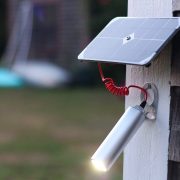



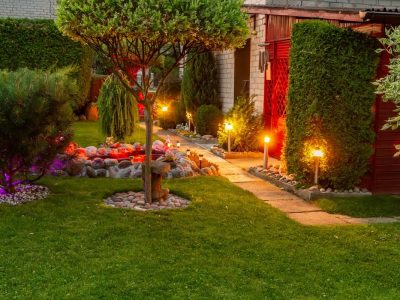
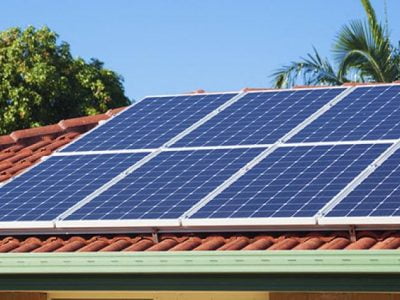
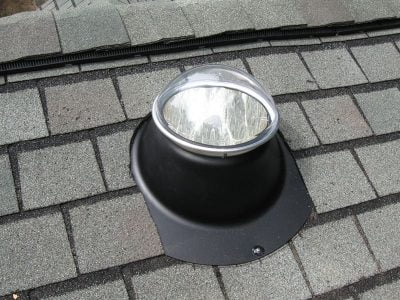
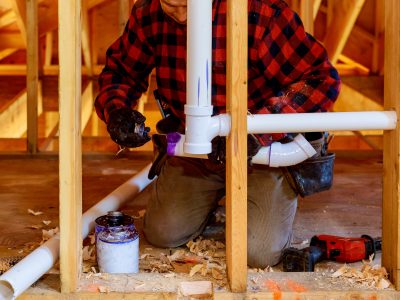
[…] Windows can significantly add to your heating bill through heat loss. To prevent heat loss, consider replacing your singles-pane windows with double-pane ones. Besides increasing your home’s value and security, energy-efficient windows from Landmark, new windows for your home prevent heating and cooling from escaping, increasing energy efficiency. If you live in cold regions, get gas-filled windows with Low-E coating to lower your heating expenses. Your home window shades, awnings, shutters, and screens add an insulation layer between your home and outdoor temperature, reducing energy consumption. […]